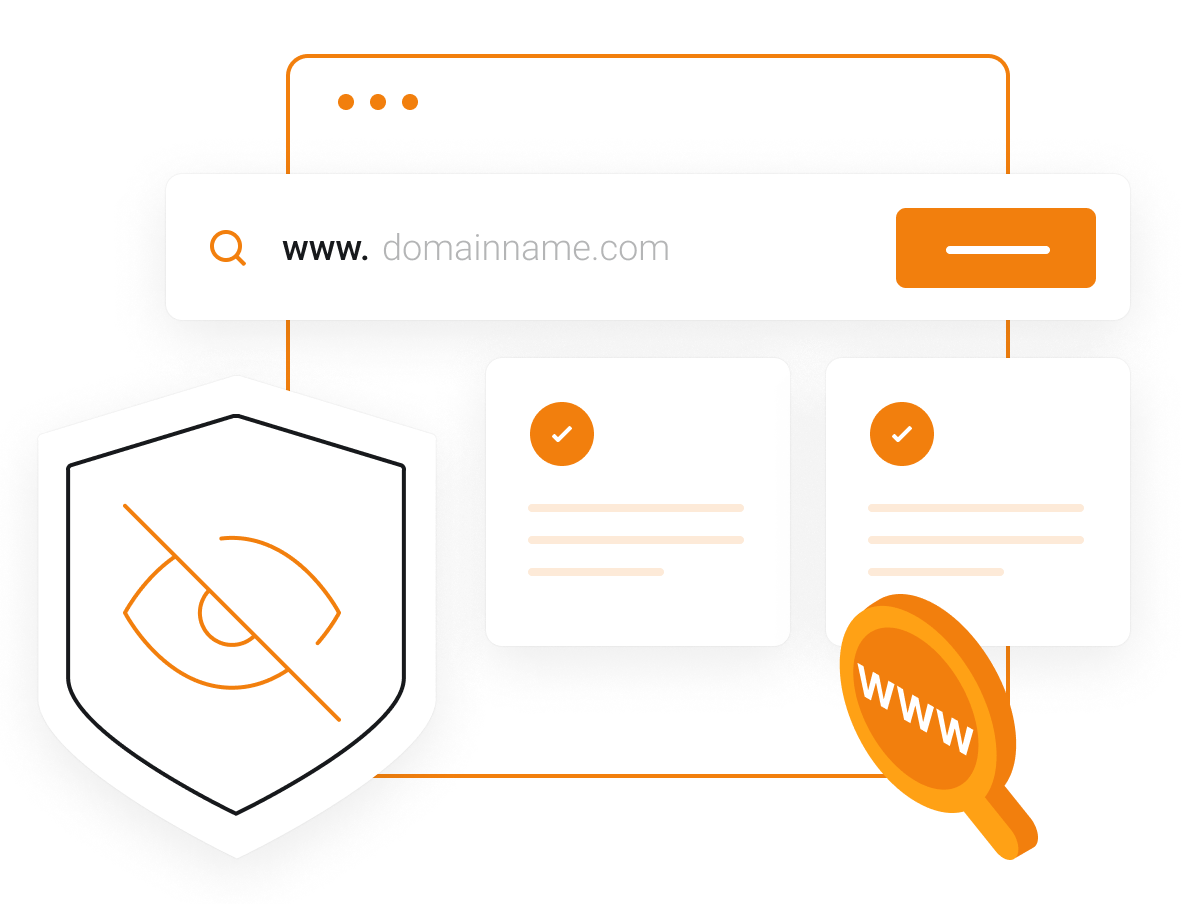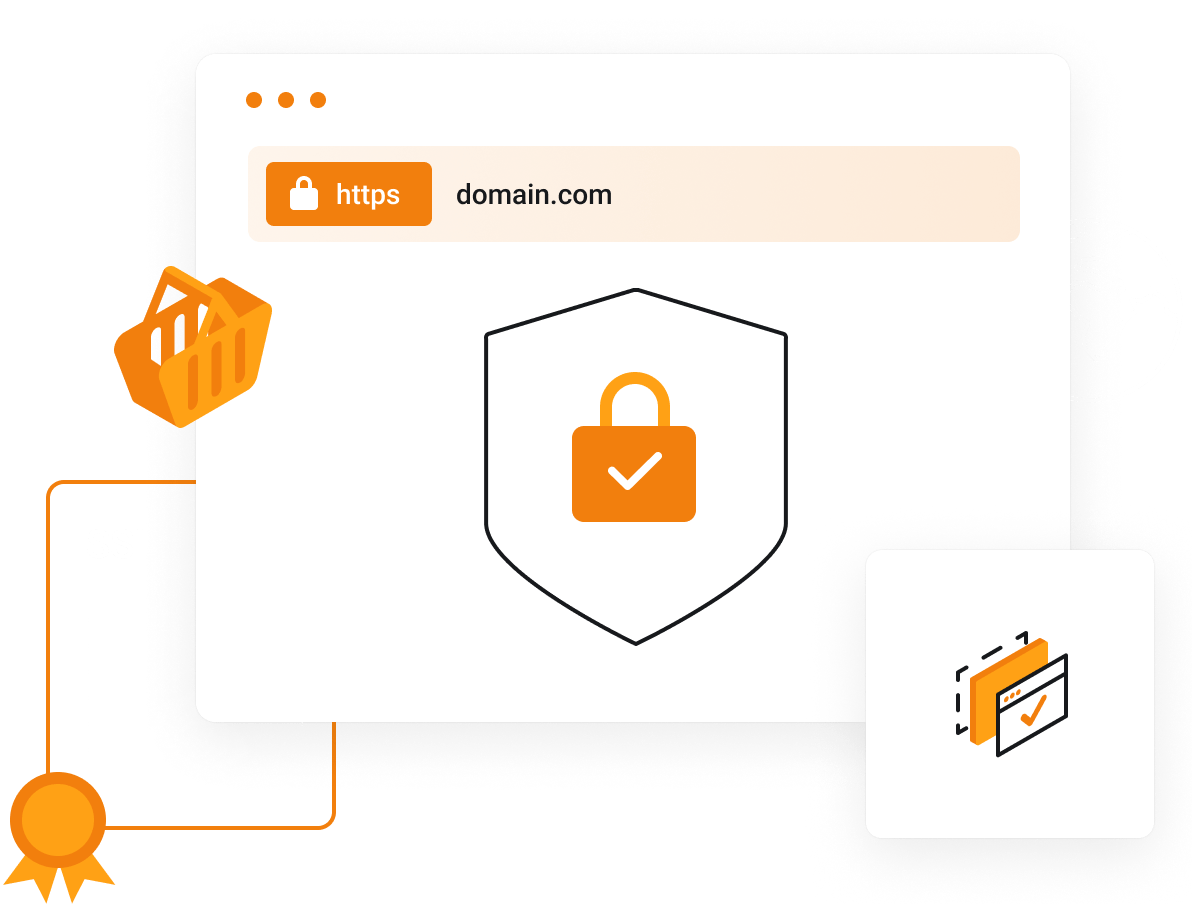
- Websites & Email
-
Security & Tools
- SSL CertificatesSecure your site and add trust & confidence for your visitors.
- SEO toolsPut your SEO plan into action and get a monthly progress report
- SocialBeeSocialBee, the easiest way to manage all of your social media accounts.
- Site & Server MonitoringFind your website's problems before your visitors do!
- Domains
- Login





